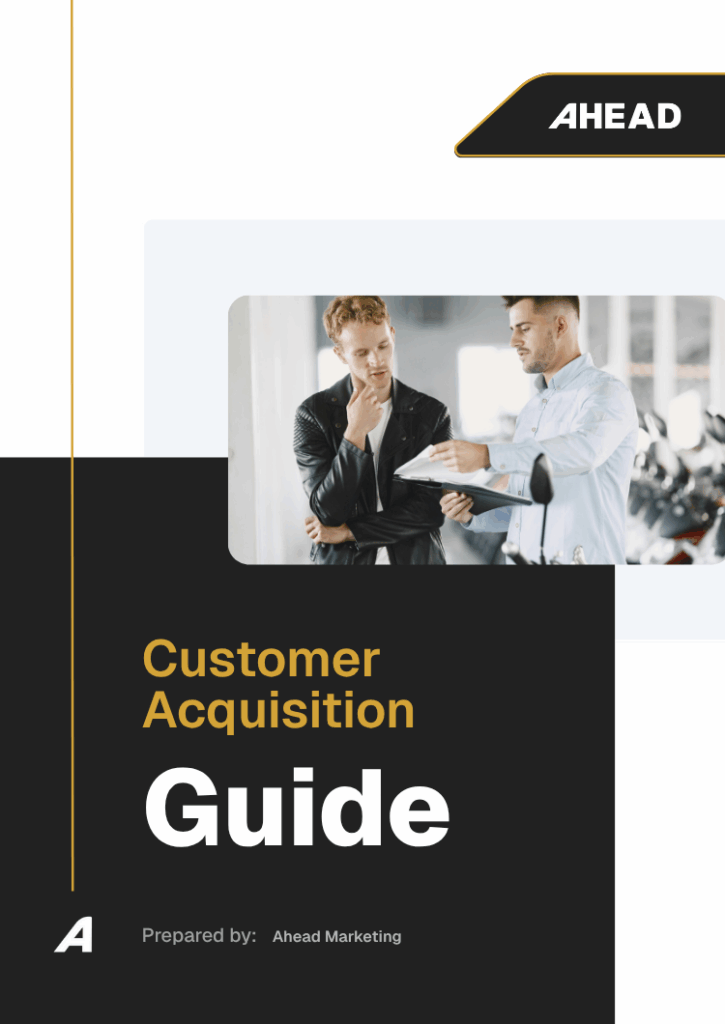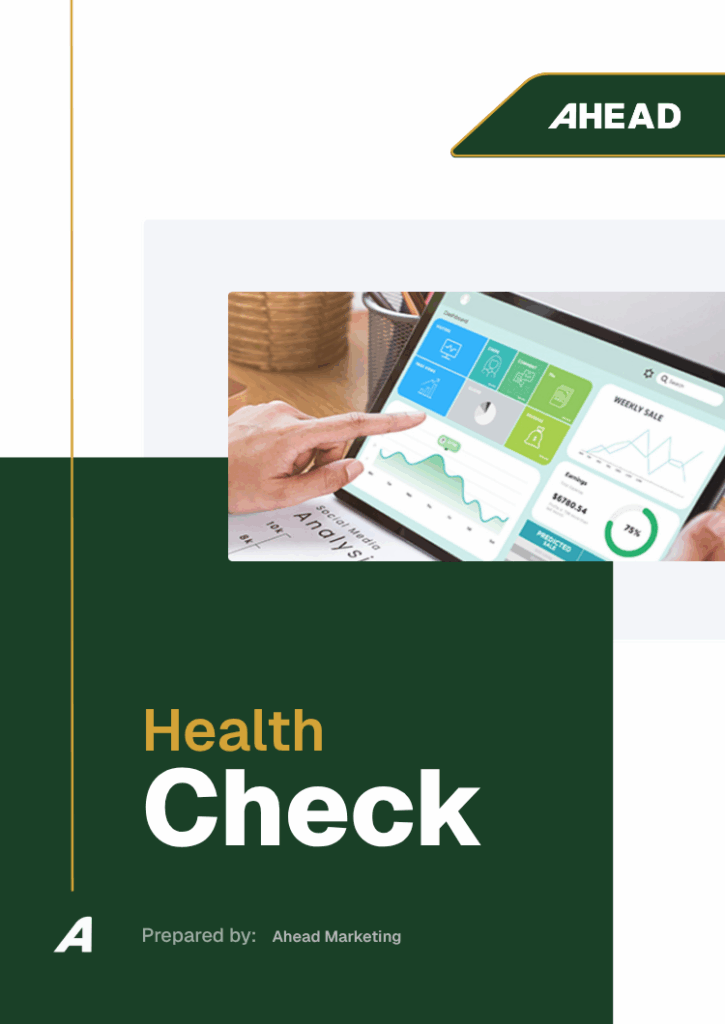Getting your website to the top of Google requires a strategic and multifaceted approach to search engine optimisation (SEO). This guide offers a roadmap to enhance your website’s visibility and authority, ensuring your content is not only seen but also valued by your target audience. We will navigate you through the process of optimising your website to align with Google’s stringent content guidelines and ultimately improve your rankings.
Google’s search algorithm is a complex system designed to fetch the most relevant and high-quality information in response to user queries. Understanding its core components is key for effective SEO.
Google’s origin story is tied to backlinks. The company’s original search engine, Backrub, was developed by Larry Page and Sergey Brin at Stanford University. The name came from the core idea that a webpage’s importance could be determined by the number and quality of “backlinks” pointing to it. This concept evolved into the famous PageRank algorithm, which was a revolutionary way to rank websites.
While backlinks remain crucial, Google’s algorithm has become far more sophisticated since the Backrub days. It now uses a wide array of signals to determine a page’s ranking. The single most important factor is now widely considered to be high-quality, relevant content that satisfies user intent.
In fact, some Google representatives have even stated that backlinks are no longer among the top three ranking factors. This shift highlights Google’s move towards a more holistic evaluation of a website, focusing on the overall user experience rather than just link-based authority.
Your guide correctly identifies many of these other critical factors, which now work in conjunction with backlinks:
The depth, originality, and trustworthiness of your content (the E-A-T principle).
Factors like page speed, mobile-friendliness, and Core Web Vitals (which measure things like loading speed and visual stability).
The website’s infrastructure, including its security (HTTPS), crawlability, and structured data.
How well your content directly answers the user’s query.
Ultimately, a modern SEO strategy cannot rely on just one factor. Backlinks are still a powerful signal, but they are most effective when supporting a website that provides a great user experience and high-quality content.
You can make Google’s job easier by explicitly telling it what pages to index. Submitting your XML sitemap in Google Search Console is the primary way to do this. Additionally, implementing Schema markup helps Google understand what your website represents, which can lead to better visibility.
Keyword research is the foundation of SEO. By researching what your customers are searching for, you can create content that is intended to rank for those keywords. This drives your ideal market to your site. A natural integration of primary keywords and Latent Semantic Indexing (LSI) keywords is key to bolstering content relevance without resorting to excessive keyword stuffing, which can harm your ranking.

Download your free copy of our guide for attracting quality leads and growing your business.
Technical SEO is crucial for improving your site’s infrastructure, making it easier for search engines to crawl and index your content effectively.
With the increasing prevalence of mobile browsing, ensuring your website is mobile-friendly is non-negotiable. Google prioritises mobile-optimised sites in its rankings.
Page load time is a critical factor in both user experience and search rankings. Optimising images, leveraging browser caching, and minimising code can drastically improve load times.
Google gives preference to websites that are secure (HTTPS) and easily accessible. Implementing an SSL certificate ensures a secure connection and can boost your site’s trustworthiness. Additionally, a well-structured XML sitemap helps search engines navigate and index your content.
Utilising schema markup helps Google understand the content of your website, which can lead to better visibility in search results through rich snippets.

Contact us for a bespoke initial review of your website marketing efforts.
Local SEO is a crucial facet of your overall SEO strategy, particularly for businesses looking to attract customers from specific geographic locations.
A well-optimised Google Business Profile (GBP) is essential for local SEO success. Ensure your business information is accurate and up-to-date, and regularly update your profile with posts, offers, and events.
Incorporate local keywords into your website’s content to help it rank in local search queries.
Online reviews and ratings significantly influence your local search rankings and reputation. Actively encourage satisfied customers to leave positive reviews on your GBP profile and other relevant platforms.
Obtaining backlinks from local businesses and being listed in local directories can strengthen your local SEO efforts. Citations—online mentions of your business name, address, and phone number—help search engines verify your business location and contribute to your local ranking.
Achieving a top position on Google is not a one-time task but a continuous process of monitoring, analysis, and adaptation.
Regular SEO audits: Conducting regular SEO audits is vital to identify both the strengths and weaknesses of your website’s strategy. Audits should encompass content analysis, technical SEO, on-page optimisation, and backlink profiles.
Analytics and performance tracking: Utilise tools like Google Analytics and Google Search Console to track your website’s performance and gather insights on user behaviour. Monitoring metrics such as traffic sources and bounce rates helps you understand the effectiveness of your SEO strategies.
Adapting to algorithm updates: Google frequently updates its search algorithms. Staying informed about these updates and adjusting your SEO tactics accordingly is crucial to maintaining and enhancing your search rankings.
Securing a top position in Google’s search results is an ongoing journey that demands a comprehensive, well-executed SEO strategy. Success in Google rankings is not about immediate gains but about establishing a resilient online presence that can withstand algorithm changes and market shifts. It involves a commitment to quality content, a seamless user experience, and an adaptable approach to SEO tactics. By prioritising a strong foundation, embracing technical excellence, and engaging in continuous monitoring and adaptation, businesses can build a lasting presence that drives organic growth and strengthens their position in the digital marketplace.
To elevate your website to the top of Google, focus on optimising your SEO strategies, including keyword research, quality content creation, and building a strong backlink profile. Regularly updating your website with relevant and engaging content also helps improve your ranking over time.
Securing the top spot on Google requires a comprehensive SEO approach, including on-page optimisation, technical SEO improvements, and consistent content marketing. Monitoring and adapting to Google’s algorithm updates are crucial for maintaining top rankings.
SEO can be both free and paid, depending on your approach. While many aspects of SEO, like content creation and on-page optimisation, can be managed without direct costs, investing in professional SEO services or paid advertising can greatly accelerate your results.

Marketing with standards.

Learn the simple steps to more customers. Download your free copy of our guide for attracting quality leads and growing your business.

Get your free website marketing health check. Contact us for a bespoke initial review of your website marketing efforts.
Prefer to message? Chat live now in the bottom corner.
Data-driven marketing to elevate the standards of internet marketing.